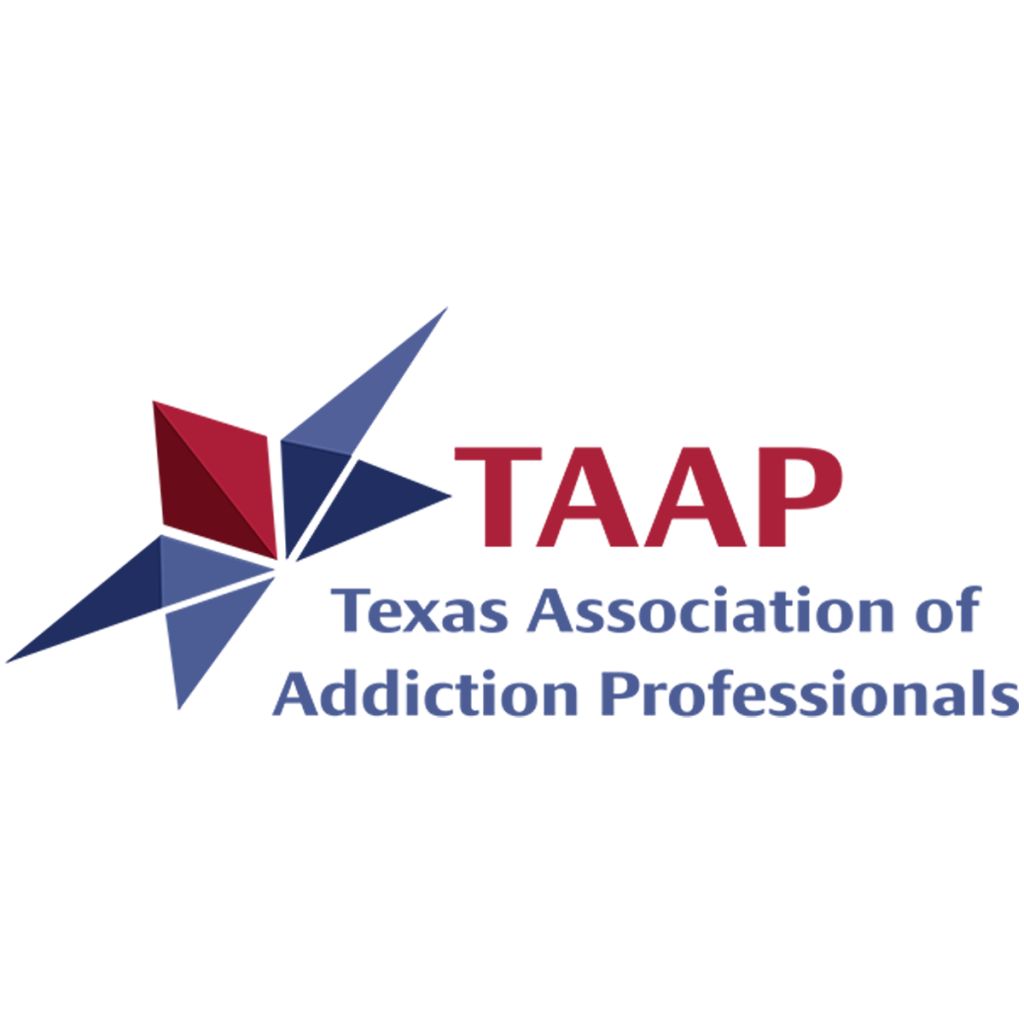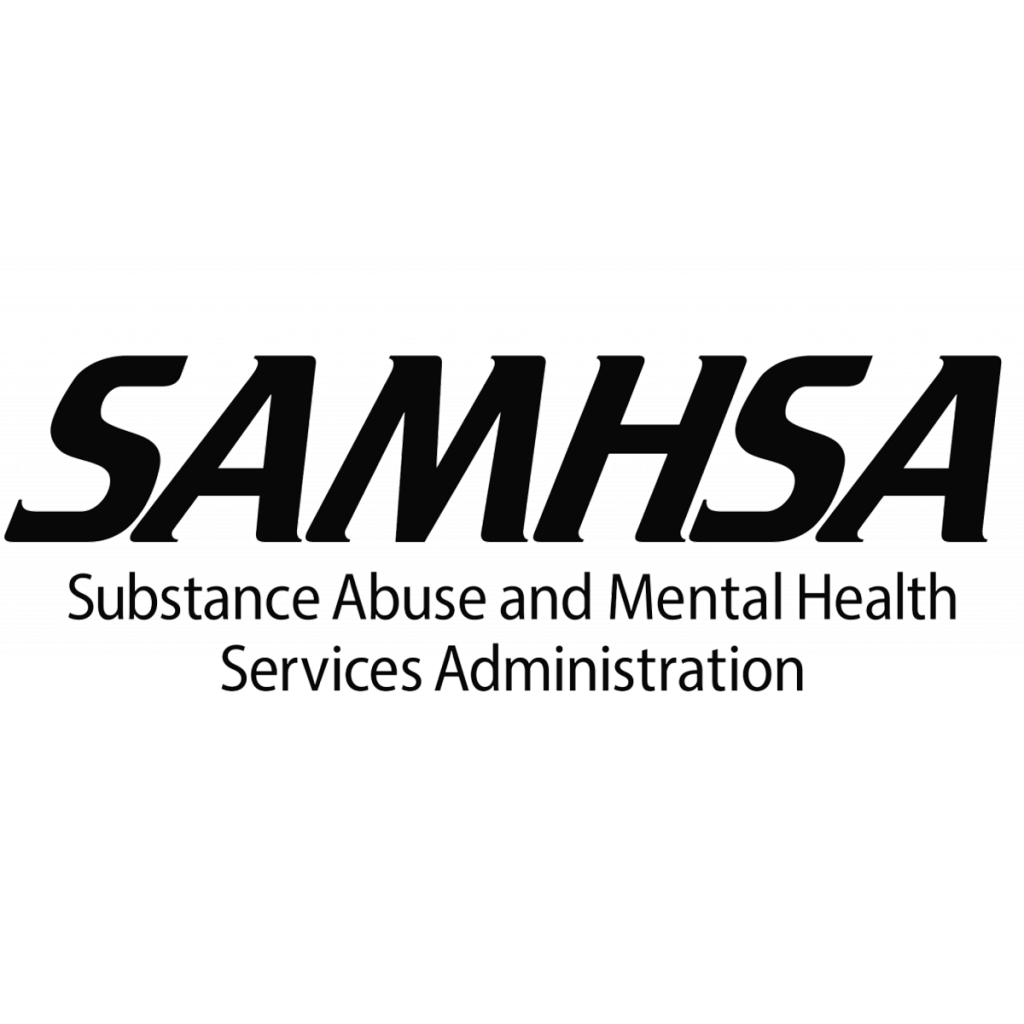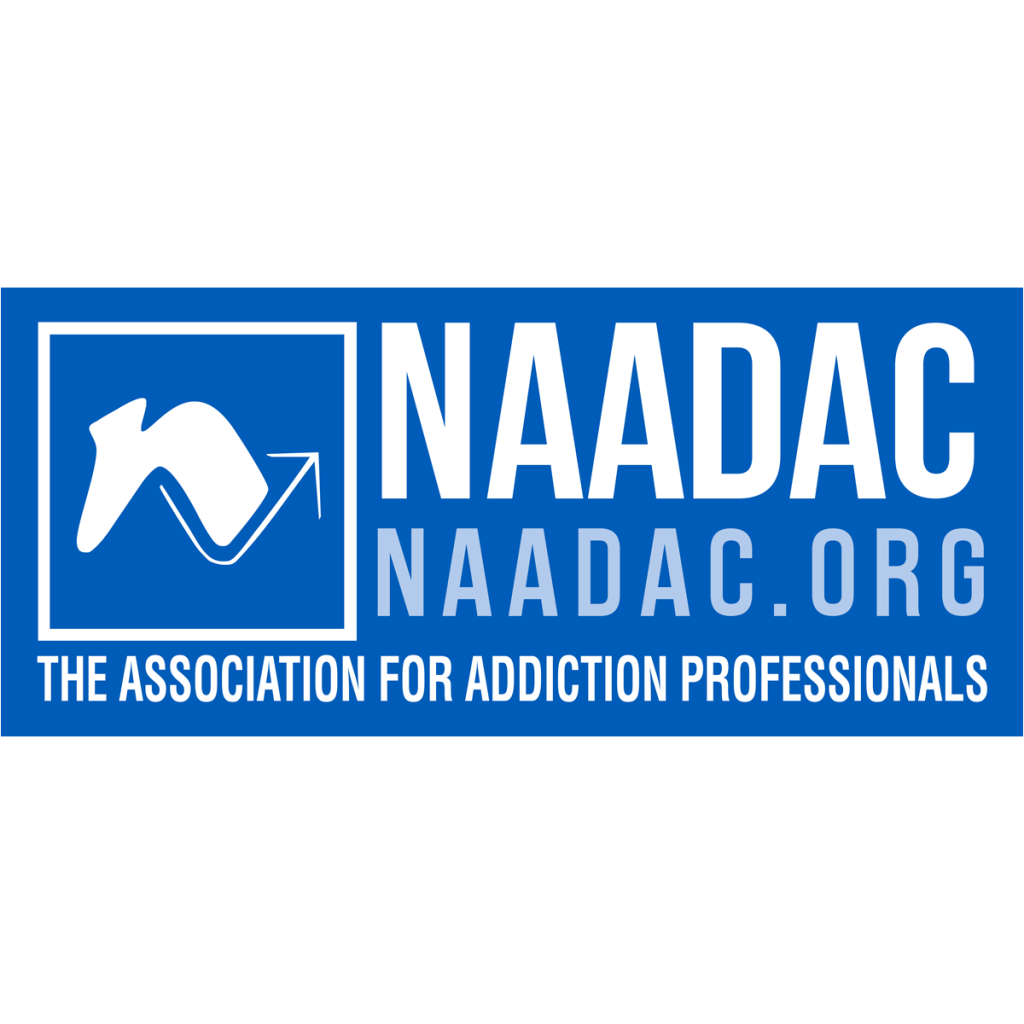Last Updated on October 3, 2023
Last month, students at the University of Houston declared a mental health crisis after a recent suicide and a dramatic increase in counseling appointments brought attention to the mental health issues of students on campus.1
University of Houston students say Texas state representatives and Congress need to do more to address the mental health crisis and improve mental health and behavioral services on campus but there are roadblocks.
According to a report from Houston Public Media, The International Association of Counseling Services recommends that counseling centers at colleges employ one staff member for every 1,500 students, but the University of Houston does not meet that standard. In fact, none of the public universities in Texas do.1
In addition to a lack of staff members, the stigma surrounding mental health issues and substance abuse may be a large part of what is keeping students from seeking the help they need.
What Is Addiction Stigma?
Stigma is a subjective process in which a person is devalued, rejected, and excluded based on a social status or health-related condition. Self-stigma is also common and is characterized by negative feelings about oneself and self-defeating behaviors that are a result of an individual’s experiences or perception of others’ reactions.2 To put it simply, a stigma is a perceived negative attribute about someone else that causes the person to think differently or less of that individual.3
Unfortunately, this means that people who suffer from mental illness and substance use disorders not only have to deal with the consequences of their disease, but they also have to deal with the perceptions of others who may think less of them because they have a disease.
To many of those who struggle with mental illness and substance abuse, addiction stigma may be experienced or felt as prejudice, hate, or humiliation from others. Instead of being encouraged to seek out a drug and alcohol rehab program, many people feel like they’re being judged or blamed for their addiction as if it’s a result of some moral failure. These perceptions can be extremely damaging to a person who is struggling with addiction and mental illness and may lead to further problems down the road.
How Stigma of Addiction and Mental Illness Contributes to the Problem
There are many negative consequences that are a result of the stigma of addiction and mental illness.
- Many people will not get treatment.
A person suffering from addiction, anxiety, depression, or some other mental or behavioral issue is much less likely to enroll in a drug rehab program if they feel like they are being judged or looked down on for seeking help. If a close friend or family member’s behaviors express the idea that the person has failed morally or is less valuable than them as a result of their disease, this is a prime example of stigmatization.
- Effective treatment will not always be accessible or available.
Mental illness and addiction stigma also reduce the availability and accessibility of treatment because it discourages people from educating themselves on these diseases as a result of fear, prejudice, or judgment. For example, a top business executive or CEO may be too ashamed or scared to research options for addiction treatment simply out of fear of losing their high-ranking power, social standing, or employment status. However, if they are too ashamed or proud to research the options, they may never discover that many business executives struggle with addiction. So much so, that many detox centers offer executive detox programs, specifically tailored to people who have established careers and need extreme privacy and discretion while detoxing.
- People will have a difficult time connecting socially.
If an individual believes that he or she is of lesser value than others, he or she will naturally have a difficult time connecting socially in all types of situations. Whether it’s at school, work, or during leisure activities, people suffering from addiction or substance abuse may end up being excluded, whether it’s an accident or purposefully.
- People suffer from low self-esteem.
Individuals may begin to adopt a self-stigma as a result of the perceptions of others and develop self-defeating behaviors or low self-esteem. They may even begin to believe that something is wrong with them, that something they did caused their mental or behavioral problems, or that they could get over their problems if they only had enough willpower.
- The substance abuse problems and mental illness will continue without resolution or improvement.
Without seeking out a therapist or drug rehab program, an individual’s addiction and mental illness will likely continue to wreak havoc on his or her life without any resolution.
Reducing the Stigma of Addiction and Mental Illness
Strategies for reducing public stigma may vary based on the community and population, but they should all include the following basic principles:4,5
- Education: The more people know about mental illness and substance abuse, what causes it, and how to prevent it, the less likely they are to fear those issues or adopt negative attitudes about drug rehab, psychiatric help, or behavioral treatment.
- Awareness: Developing awareness of substance abuse and mental illness is key to reducing stigma because it encourages people to think twice before they speak or act on the basis of an unfounded belief. It also removes labels and stereotypes from individuals who are suffering from these disorders and recognizes their unique life experiences.
- Support: Supporting friends and family members suffering from addiction and mental illness is another way to reduce stigma. Simply treat them with respect and encourage their efforts to seek treatment or enroll in drug and alcohol rehab.
- Inclusiveness: Individuals with substance abuse problems and mental illness should be given the same opportunities as others who do not struggle with those things. Having a safe place to live, maintaining a good job, and having access to quality healthcare are all things every human being should have, regardless of any illnesses they may have. Communities should actively fight discrimination against those who are living with addiction and mental illness to effectively reduce stigma.
If you or someone you love is struggling to get the help they need for a substance abuse problem, please call Nova Recovery Center today. Our evidence-based drug and alcohol rehab programs are designed to address the negative consequences associated with trauma and stigmatization, and our compassionate team of addiction treatment professionals is here to support you each step of the way. Please contact our admissions team today to get started with your drug rehab program.
References:
- https://www.houstonpublicmedia.org/articles/news/2017/09/29/239840/uh-student-leaders-declare-mental-health-crisis/
- https://www.ncbi.nlm.nih.gov/pmc/articles/PMC3272222/
- https://www.healthyplace.com/stigma/stand-up-for-mental-health/what-is-stigma/
- https://www.ncbi.nlm.nih.gov/pmc/articles/PMC1489832/
- https://www.ncbi.nlm.nih.gov/pmc/articles/PMC1489819/






